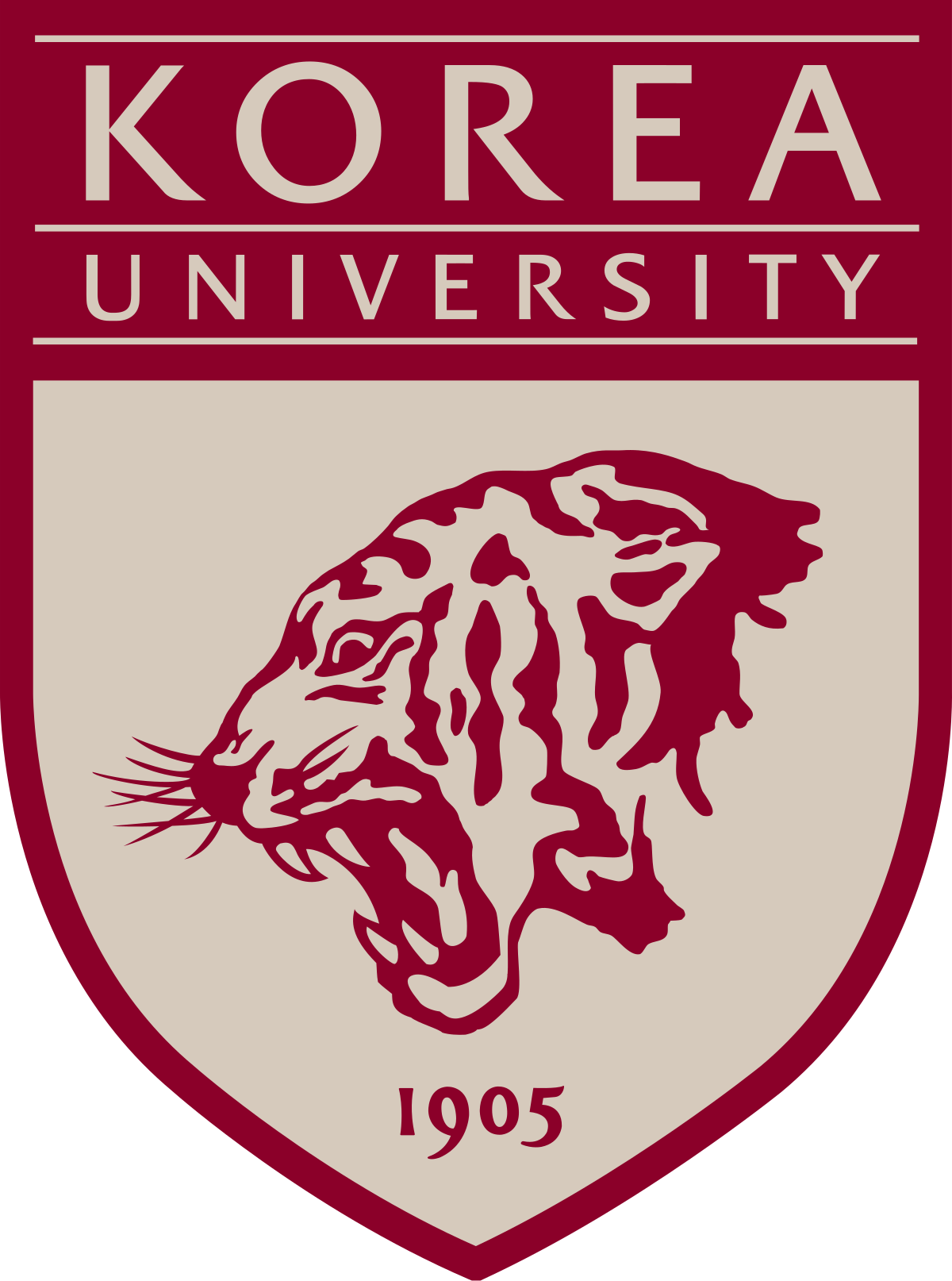Seoul National University
Explore the rich history and significant milestones of Seoul National University through its comprehensive timeline. Discover its founding, development, achievements, and contributions to education and research in South Korea and beyond.
Establishment of Seoul National University
Seoul National University was established on October 15, 1946, following the merging of ten higher education institutions around the city. It became the first national university in South Korea, with an objective to nurture future leaders and spearhead research and development. Over the years, it has grown to become the most prestigious university in the country, offering a wide range of undergraduate and graduate programs.
SNU Bombing during the Korean War
On June 28, 1950, during the Korean War, Seoul National University's main building was severely damaged by bombings as both North and South Korean forces fought for control over Seoul. The war-period destruction led to significant loss of academic resources and infrastructure, forcing the university to temporarily relocate and function under precarious conditions until the armistice.
Gwanak Campus Opens
The opening of the Gwanak campus on April 8, 1975, marked a major milestone for Seoul National University. This large campus, situated in the Gwanak district, became the primary location for most of the university's academic departments and facilities. It facilitated the expansion of infrastructure, allowing for more students, faculty, and research opportunities. The scenic campus became a symbolic landmark for quality education and innovation.
Inception of the Graduate School of Business
On March 2, 1981, Seoul National University inaugurated its Graduate School of Business, aiming to cultivate global business leaders and contribute to the Korean economy. The school quickly gained a reputation for its rigorous programs and collaboration with international business schools. It became a prestigious institution for higher business education in South Korea, known for its comprehensive curriculum and cutting-edge research initiatives that enhance managerial capabilities.
First International Students Orientation
On October 28, 2003, Seoul National University held its first orientation for international students, signaling a progressive move towards more global integration. The event was held to acquaint international students with Korean culture, academic life, and the campus environment, aiming to support a diverse student body. This step was part of SNU's larger strategy to increase international collaboration and multicultural exchange within its academic community.
SNU's Transition to a Corporate Entity
On May 27, 2010, Seoul National University legally transitioned to a corporate entity, gaining autonomy from government control. This change allowed SNU to manage its finances independently, while also having the ability to appoint its own president. The move was controversial but was seen as a way to enhance operational efficiency and global competitiveness by allowing SNU more flexibility in its governance and educational offerings.
Launch of the SNU Asia Center
On April 9, 2015, the SNU Asia Center was inaugurated to promote comprehensive research on Asian studies. The center focuses on interdisciplinary studies, collaborating with various faculties within the university and international partners. It aims to play a leading role in fostering greater understanding of Asian socio-economic, political, and cultural dynamics, reflecting SNU's commitment to producing impactful research with real-world applicability.
Opening of the SNU Museum of Art (MoA)
The SNU Museum of Art, known as MoA, opened on September 1, 2019. The museum serves as a cultural hub, hosting a diverse range of exhibitions, including contemporary Korean and international art. Its opening accentuated SNU’s dedication to blending academic excellence with cultural enrichment. MoA’s collections and activities aim to inspire both the university community and the greater public, fostering an appreciation for the arts within and beyond Korea.
Creation of the SNU College of Data Science
In response to the rapidly growing importance of data science across industries, Seoul National University established the College of Data Science on March 1, 2020. This college aims to provide top-tier education and research in data analytics, big data technologies, and artificial intelligence. The curriculum is designed to equip students with practical skills and advanced knowledge needed in the modern data-centric world, preparing them for the evolving job market.
SNU's Partnership with Cambridge University
On November 11, 2021, Seoul National University entered into a strategic partnership with Cambridge University. This collaboration focuses on joint academic programs, research initiatives, and student exchange opportunities. The partnership signifies SNU's commitment to building a global academic network, enhancing research outputs, and providing students with broader educational experiences. It's expected to foster innovation and ideas across disciplines and borders.
Frequently asked questions about Seoul National University
Discover commonly asked questions regarding Seoul National University. If there are any questions we may have overlooked, please let us know.
What significant changes occurred in the early years of Seoul National University?
What role does Seoul National University play in contemporary education and research?
When was Seoul National University established?
How has Seoul National University evolved in terms of campus expansion?
Related timelines
More timelines connected to Seoul National University



